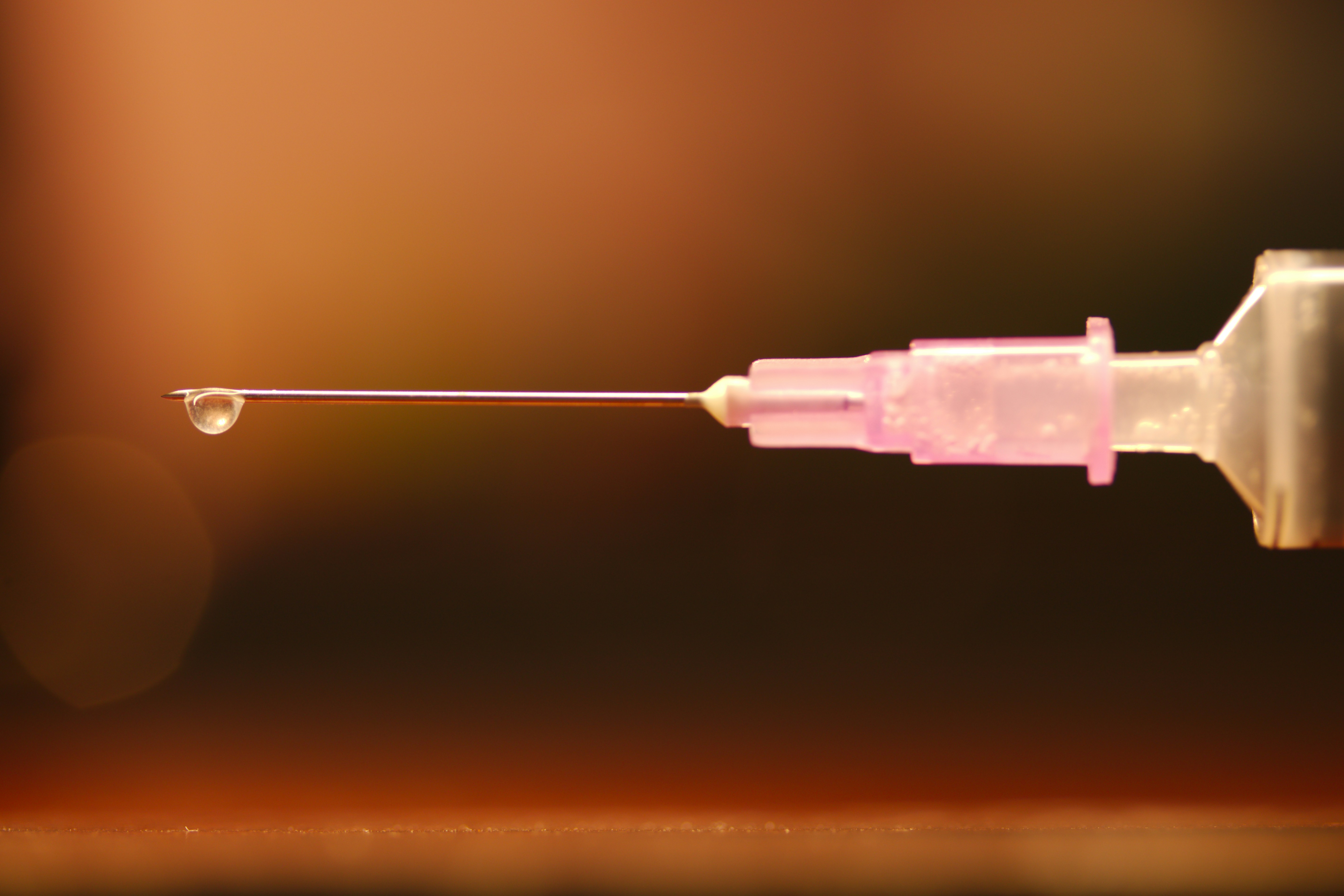Heroin Withdrawal: Signs, Symptoms, and Recovery Solutions
Heroin Withdrawal: What to Expect and How to Move Forward
Embarking on the recovery journey from heroin addiction is a courageous step, with heroin withdrawal as a critical phase preceding long-term healing.
Understanding Heroin withdrawal, including what symptoms to expect and how to move forward, is essential for a successful recovery.
This guide offers comprehensive insights into heroin withdrawal, particularly useful for those considering treatment options in places like Asheville, North Carolina.
Achieving sobriety begins with confronting heroin withdrawal symptoms head-on. Although challenging, these symptoms mark the beginning of a healthier, addiction-free life.

What to Expect During Heroin Withdrawal
Overview of Heroin Withdrawal
Heroin withdrawal occurs when the body reacts to the absence of heroin following prolonged or regular use, as it has become dependent on the drug to function normally. This reaction results from heroin’s profound impact on the brain’s opioid receptors, which it activates to produce intense euphoria and pain relief.
Over time, the brain adjusts to the constant presence of heroin by reducing its natural production of endorphins and altering neurotransmitter activity.
When heroin use is suddenly stopped or significantly reduced, the body struggles to regain balance, leading to a range of distressing physical and psychological symptoms.
Physical symptoms often include muscle aches, nausea, vomiting, sweating, diarrhea, and insomnia, while psychological effects may involve intense cravings, anxiety, depression, and agitation.
The severity and duration of withdrawal depend on factors such as the duration of heroin use, the dosage, and individual physiology. Without proper medical supervision, withdrawal can be extremely uncomfortable and, in some cases, dangerous, highlighting the importance of professional treatment for those seeking to overcome heroin dependence.
Common Heroin Withdrawal Symptoms
The symptoms of heroin withdrawal can be intense and vary based on dependency levels and general health. Key symptoms include:
- Physical symptoms: Muscle aches, insomnia, sweating, diarrhea, vomiting, and fatigue.
- Psychological symptoms: Anxiety, agitation, mood swings, and depression.
These symptoms typically start within a few hours after the last dose, peak around 48-72 hours, and gradually decrease over a week.
Phases of Heroin Withdrawal
- Acute Phase: Includes the first week of withdrawal symptoms, during which symptoms are most intense.
- Post-Acute Withdrawal Syndrome (PAWS): During this phase, individuals may experience lingering psychological symptoms, such as cravings and mood fluctuations.

How to Safely Overcome Heroin Withdrawal
Benefits of Medical Detoxification for Heroin Withdrawal
Medical detoxification offers the safest and most effective path through heroin withdrawal by providing a structured, controlled environment where individuals can undergo withdrawal under the close supervision of healthcare professionals.
Unlike attempting to quit alone, which can be dangerous and overwhelming, medical detox ensures that patients receive appropriate medications—such as methadone, buprenorphine, or clonidine—to alleviate withdrawal symptoms, stabilize brain chemistry, and reduce cravings.
These medications work by targeting the same opioid receptors that heroin affects, but in a controlled manner, helping to ease the transition and minimize discomfort. Additionally, medical staff monitor vital signs, manage complications, and provide emotional and psychological support throughout the process.
By mitigating the severity of withdrawal symptoms—such as nausea, muscle pain, anxiety, and insomnia—medical detox significantly improves the chances of successful recovery while reducing the risk of relapse or dangerous complications like dehydration, electrolyte imbalances, or severe depression.
The controlled setting also helps prevent patients from turning back to heroin out of desperation when withdrawal becomes unbearable.
Beyond physical stabilization, many detox programs also include counseling and connect patients with further treatment options, such as inpatient rehab or outpatient therapy, to address the underlying causes of addiction.
Ultimately, medical detoxification serves as a crucial first step in long-term recovery, offering a safer, more compassionate alternative to quitting heroin without professional help.
Seeking Heroin Addiction Treatment in Asheville, NC
Choosing a local facility in Asheville for managing heroin withdrawal provides significant advantages, including easier access to essential support networks and long-term treatment options tailored to the individual’s needs.
Being close to home allows patients to maintain connections with family, friends, and local recovery communities—key factors in sustaining motivation and accountability throughout the healing process.
Additionally, Asheville’s network of healthcare providers, counselors, and peer support groups ensures a seamless transition from detox to ongoing care, reducing the risk of relapse.
Our Asheville center is designed to meet the unique needs of the community by offering a full continuum of care, beginning with medically supervised detox to ensure safety and comfort during withdrawal.
Following detox, patients can transition into personalized therapy programs, including individual counseling, group therapy, and evidence-based treatments such as cognitive-behavioral therapy (CBT) and medication-assisted treatment (MAT).
We also incorporate holistic approaches, such as mindfulness practices and wellness activities, to support physical, emotional, and mental recovery.
By choosing a local facility, patients benefit from a treatment plan that aligns with Asheville’s resources and recovery culture, fostering long-term success. Our center’s commitment to compassionate, individualized care ensures that each person receives the tools and support needed to rebuild their life free from addiction.
Whether through outpatient programs, sober living referrals, or aftercare planning, we provide a structured pathway to lasting recovery within the supportive framework of the Asheville community.

Engaging with Asheville Community Support
Asheville provides a uniquely supportive and enriching environment for individuals seeking recovery from addiction, blending natural beauty, a thriving wellness culture, and a strong sense of community.
Nestled in the Blue Ridge Mountains, the city’s serene landscapes and outdoor recreation opportunities promote physical and mental well-being, making it an ideal setting for healing.
Beyond its scenic charm, Asheville is home to a compassionate network of recovery-focused organizations, peer support groups, and experienced healthcare providers dedicated to helping individuals rebuild their lives.
Participating in local support groups—such as 12-step meetings, SMART Recovery, or Refuge Recovery—allows individuals to connect with others who understand the challenges of addiction, offering both encouragement and accountability. These groups foster a sense of belonging and reduce the isolation often felt during recovery.
Additionally, Asheville’s counseling and therapy services provide evidence-based treatments tailored to individual needs, whether through one-on-one sessions, trauma-informed care, or family therapy. Many local practitioners also incorporate holistic approaches, such as art therapy, yoga, and mindfulness, to support emotional and spiritual growth.
The city’s recovery community is further strengthened by its emphasis on sober-friendly events, wellness workshops, and volunteer opportunities, helping individuals build meaningful, substance-free lifestyles.
Asheville’s commitment to inclusivity and holistic health creates a nurturing space where those in recovery can thrive, surrounded by resources that address not just addiction, but the whole person—mind, body, and spirit.
This supportive ecosystem makes Asheville more than just a place to recover; it’s a place to rediscover purpose, connection, and lasting well-being.
Moving Forward: Life After Heroin Withdrawal
Transition to Outpatient Programs
After detox, many individuals transition to outpatient programs, such as intensive outpatient programs (IOP), offering flexibility to resume daily life while attending scheduled therapy sessions. Understanding how intensive outpatient programs operate can be crucial for maintaining recovery.
Building a Support Network
Creating a robust support system is vital for sustaining recovery post-withdrawal. This includes family, friends, and professional counselors who understand the challenges of overcoming addiction.
Maintaining Long-Term Sobriety
Long-term recovery often involves continuous therapy and personal development efforts. Regular therapy sessions can help address underlying issues related to addiction. Learn about our individual therapy options to support this journey.
FAQs About Heroin Withdrawal
How long does the heroin withdrawal process typically last?
The acute phase of heroin withdrawal usually lasts about a week, with symptoms peaking around 48-72 hours after the last dose. The duration can vary based on individual factors, and some psychological symptoms may persist as part of post-acute withdrawal syndrome (PAWS).
Is it possible to go through heroin withdrawal at home?
Attempting heroin withdrawal at home is not recommended due to potential severe symptoms and medical complications. Professional medical detox in a treatment facility offers a safer and more effective approach, reducing risks and increasing comfort during withdrawal.
What are the risks associated with untreated heroin withdrawal?
Without proper treatment, heroin withdrawal increases the risk of relapse, severe health complications, or even life-threatening conditions. Professional treatment provides medical oversight, reducing these risks through structured detox programs.
Facing heroin withdrawal is the pivotal first step toward a healthier, addiction-free future. Despite the challenges, it is essential to focus on the hopeful transformations that recovery will bring.

Reach Out to Oasis Recovery Center for Personalized Addiction Recovery Services
If you or someone you love is struggling with heroin addiction, know that you don’t have to face this battle alone. At Oasis Recovery Center in Asheville, NC, we provide compassionate, evidence-based care designed to guide you safely from detox to long-term recovery.
Our dedicated team of medical professionals, therapists, and support staff understands the challenges of addiction, and we’re here to walk beside you every step of the way. From medical detoxification to personalized therapy and aftercare planning, we offer a full continuum of treatment tailored to your unique needs.
Asheville’s serene mountain setting and vibrant recovery community create an ideal environment for healing, and our center integrates these resources into your treatment plan.
Whether through medication-assisted treatment (MAT), individual counseling, group therapy, or holistic wellness practices, we address not just the physical aspects of addiction, but the emotional and spiritual ones as well.
Our goal is to help you reclaim your life with confidence, resilience, and a strong support network.
You deserve freedom from addiction—and it starts with a single conversation. Reach out to Oasis Recovery Center today to speak with a caring admissions specialist who can answer your questions, discuss treatment options, and help you begin your journey toward lasting recovery.
Call us today, visit our contact us page, or stop by our Asheville facility to learn more. Hope and healing are within reach, and we’re here to help you find them. Your new life starts now.








